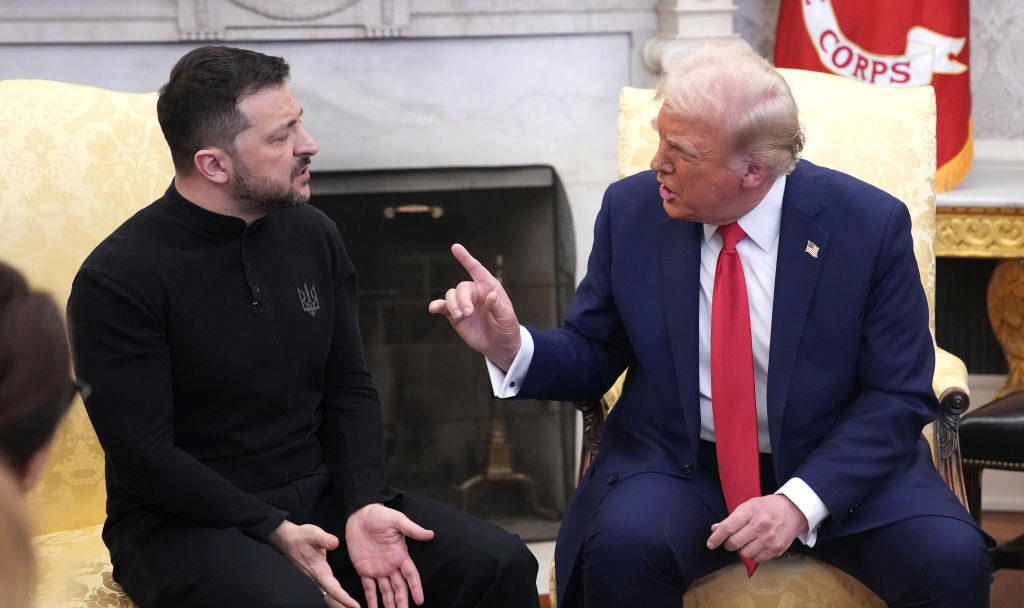Trump Administration Risks Destabilizing Ukraine by Intervening in its Politics
Published on 3/13/2025, 4:00:06 PM
Donald Trump, the 45th president of the United States, has been avidly addressing the failed policies of his predecessors in the global arena. Eight years ago, he took on the daunting task of tackling the American quagmire in Afghanistan - a complex, morally murky situation that has roots deep into the intricacies of local politics, customs, and geopolitical dynamics. The US was embroiled in a violent conflict there, making a strategic exit without a consensus with the formidable Taliban a nearly impossible feat.
Fast forward to our present time, where Trump has set his sights on another volatile region, Ukraine. But the dynamics in Ukraine are starkly different from those in the distant mountains and desolate plains of Afghanistan. In Ukraine, the battleground is a labyrinth of proxies, making it a tangled knot of indirect conflicts where the US and Russia pull the strings from behind the scenes. The proxy wars in Ukraine seem easier to escape than the direct blood feud in Afghanistan, but ironically present a greater risk due to the involvement of Russia, a major global power.
Despite the complexities, the Trump administration remains determined to mold the situation to its liking, trying to impose its preferred resolution on both Kiev and Moscow. The road to this solution, though, is rife with obstacles and strife. Trump's proposal requires Ukraine to swallow some bitter pills, including ceding considerable amount of territory and making other severe concessions, along with granting the U.S. access to their vast natural resources. The ensuing tension reached a boiling point in an explosive exchange between Trump and Ukraine's President Volodymyr Zelensky in the famed Oval Office.
European leaders also found themselves caught in the whirlwind surrounding Ukraine. While they are resolute in their support for Kiev, their desperation for American backing still lingers in the backdrop.
In an unexpected twist, Russian President Vladimir Putin seemed to share a better rapport with Trump compared to Zelensky, but his stance remains just as rigid. Putin believes Russia to be on the winning side of the war, leaving him disinclined to make any concessions. With Putin's unwillingness to cooperate, Trump has periodically cast threats of escalating sanctions on Russia. His latest warning to Russia was particularly fierce, stating he is seriously contemplating hefty sanctions and tariffs on Russia until a ceasefire is declared and a formal peace accord reached between the warring entities.
Past sanctions on Russia lacked the desired impact. Even if new sanctions manage to cripple Russia's economy, it's unlikely Moscow will buckle under the pressure since their stakes in Ukraine are viewed as existential, validating their military intervention. The possibility of Trump taking severe action against Russia seems insubstantial.
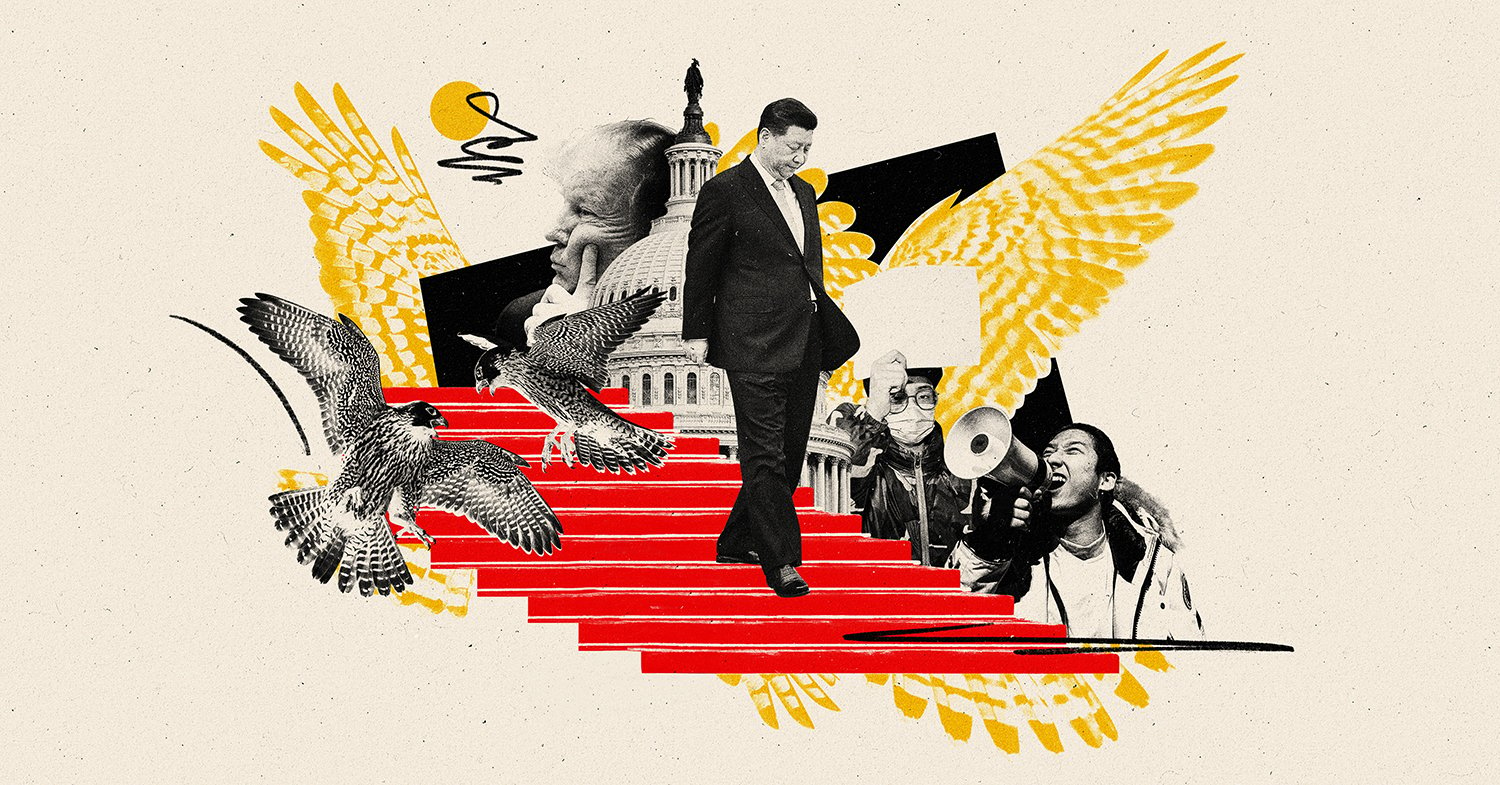



Surprisingly, the fallout between Trump and Zelensky boosted Zelensky's political image domestically. Other Ukrainian leaders have sided with Zelensky which has subsequently led to his poll numbers rising. This isn't an unknown phenomenon - Trump's criticism and protectionist policies have turned the Canadian public hostile towards America, breathing fresh life into the political fortunes of Canada's ruling Liberal Party as they are seen as a better safeguard against Washington.
Trump's frustration with Zelensky seems to have motivated the administration to immerse themselves deeper into Ukraine's politics. There have been reports of four Trump aides visiting Kiev to engage with Ukrainian opposition leaders with the aim of replacing Zelensky in power.
The last American president to intervene this directly in Ukrainian politics was Barack Obama, who deployed Victoria Nuland to Kiev to support protests against President Yanukovich. Nuland's role has extended across multiple administrations - from Clinton to Biden - indicative of the bipartisan support for intervening in foreign affairs. Unsurprisingly, America's overt political meddling has caused issues, undermining the legitimacy of the post-revolution government and inciting Russia's antipathy towards the new regime.
Trump's current attempt to oust Zelensky and position a puppet likely won't bode well. Success could even be a worse outcome for America. Trump's efforts have unexpectedly elevated Zelensky's popularity, setting him ahead in the polls. Washington's actions have also placed the U.S. in a political struggle against its European allies.
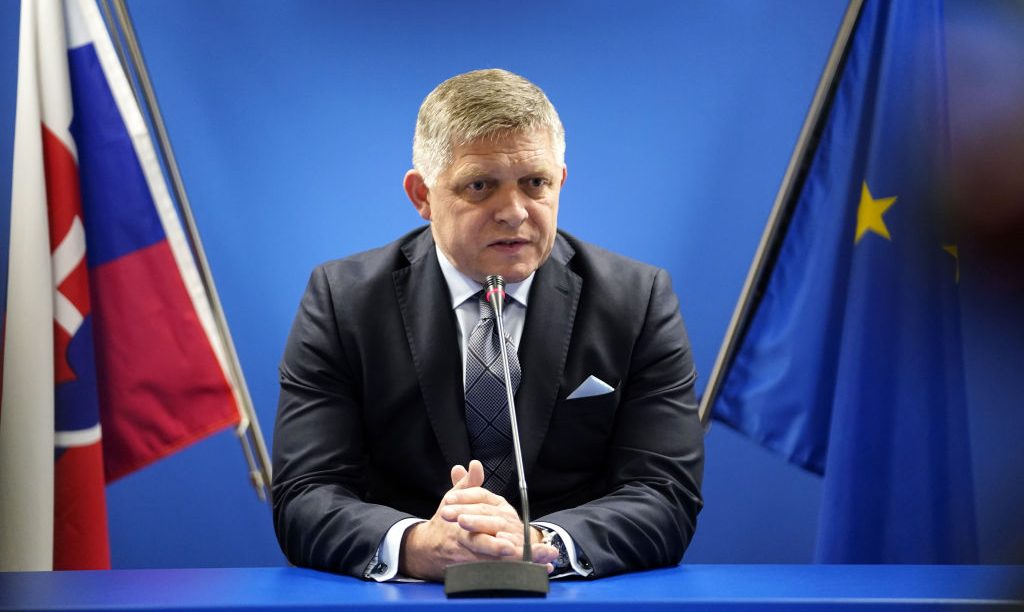



No clear alternatives are evident, nor does any of them seem to align with Washington's interests. The key to a lasting peace agreement is securing acceptance by the Ukrainian populace. Applying undue pressure to put an American puppet in power to enforce a U.S-imposed settlement could prove disastrous. Lessons from World War I stand as a grim reminder - dictating terms to the losing side can lead to deep resentment and radicalize politics, paving the way for extreme elements to rise, thereby bringing about more instability and potential conflict.
The main issue with Biden's foreign policy wasn't its erroneous nature, although it often was. The real issue was Biden's ambitious need to address every international issue, ignorant of the fact that U.S. power was diminishing. Trump should be wary of falling into the same pitfall.
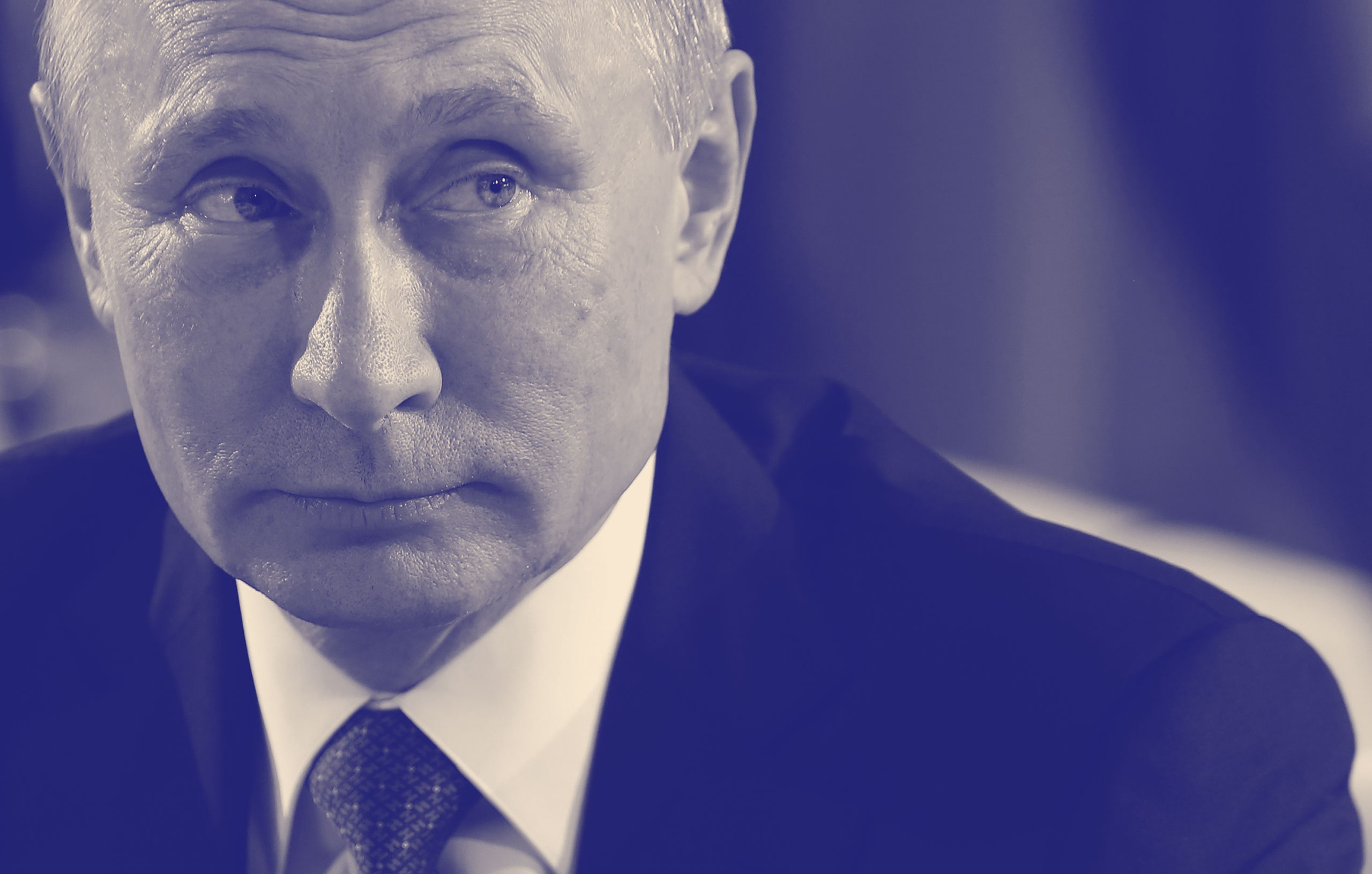



Putting America first does not translate to solving every international problem and imposing superior "American" solutions. A strategic exit, analogous to Afghanistan, seems to be the answer. The U.S. should present its policy and offer to aid in negotiating a settlement, but ultimately, the decision is up to Ukraine. The final verdict of their fate should be made by the Ukrainians themselves.
Related Articles
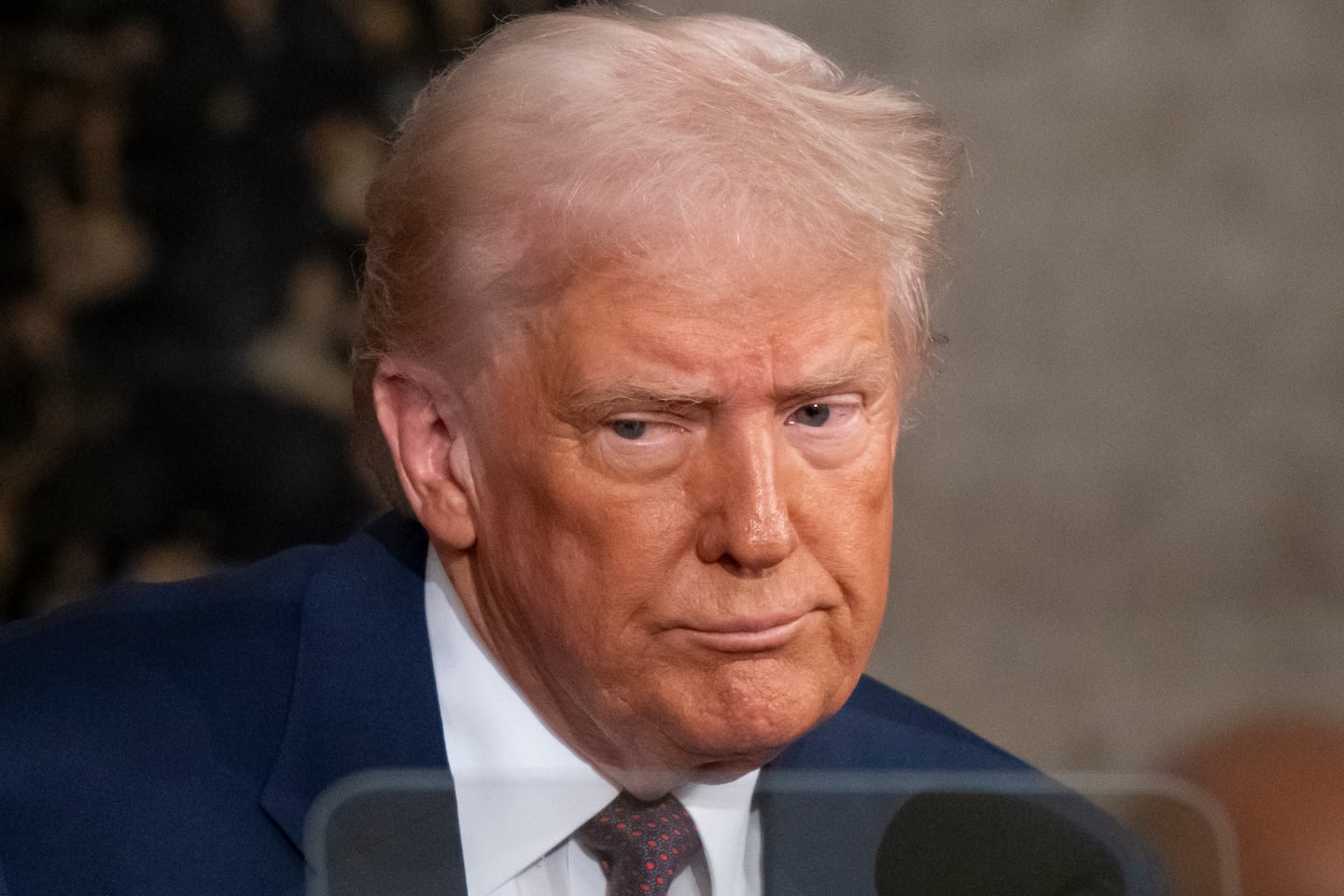
Supreme Court Upholds Judge Ali's Ruling in $2 Billion USAID Jurisdiction Case
3/13/2025, 4:18:21 PM
Trump Administration Proposes Budget Cuts to Wildlife Research, Risking Conservation Efforts
3/13/2025, 4:07:02 PM
